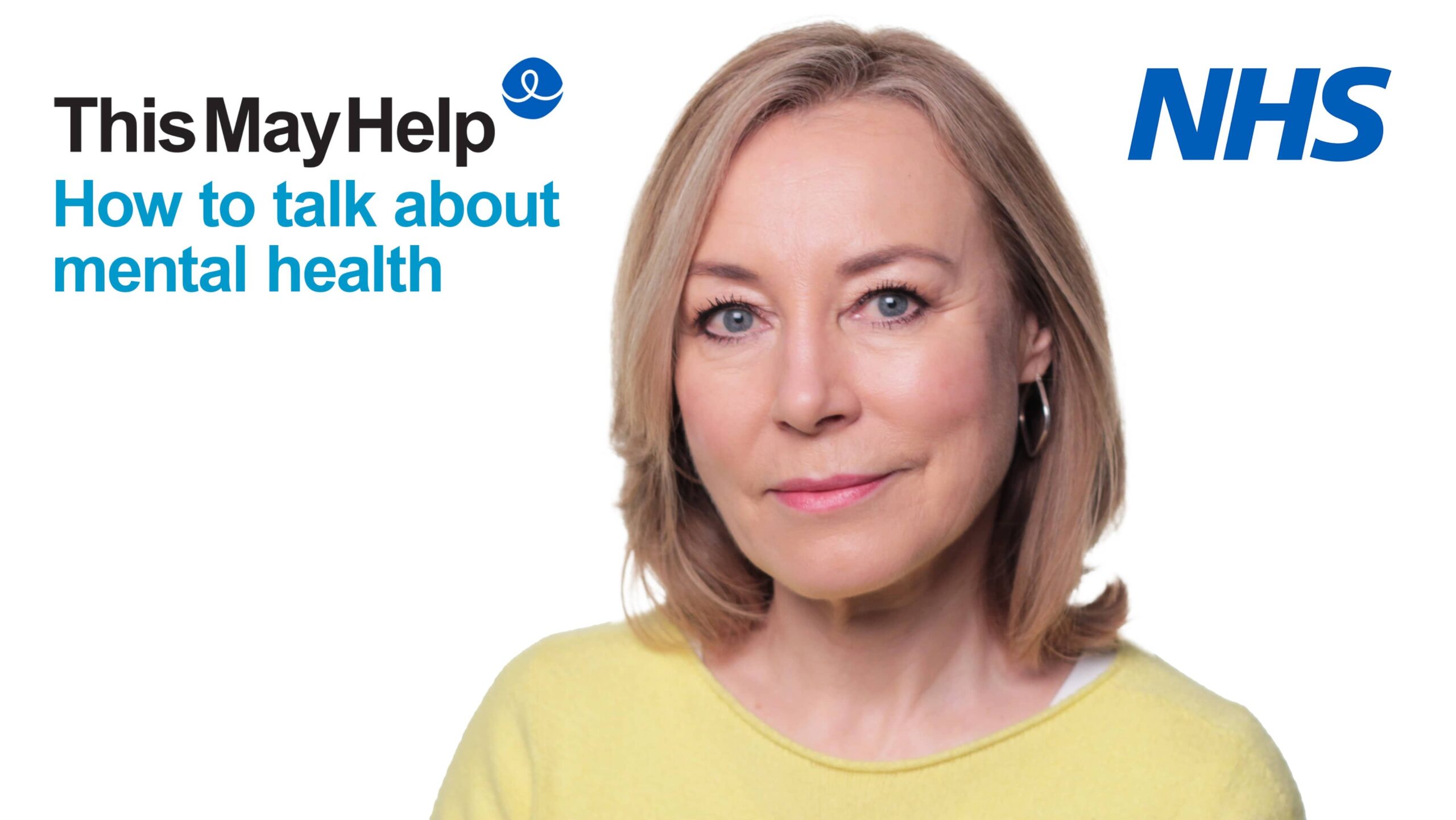Although mental health is becoming less of a taboo subject, it can still be difficult for some people to feel able to talk about it. In this video, Dr Sian Williams shares some guidance from NHS Mental Health experts for parents wanting to know how to have more open conversations about their child’s mental health.

1. Acknowledge the reality
Mental health issues are extremely common and part of everyday life. And while it’s natural to feel upset or angry about them, they’re nothing to be ashamed of and are not a reflection on you or your parenting.
In the past, conversations about emotions tended to be discouraged, but time has taught us that it’s a mistake to dismiss or allow others to dismiss the way someone else is feeling, particularly young people. It’s not your problem if other people don’t understand.
2. Encourage conversation
Age-appropriate conversation that’s open and honest and free from judgement is always a step in the right direction, so even if we don’t fully understand the issues, it’s important to encourage young people to talk openly about their struggles, what causes them and what helps to ease them. We don’t need to have all the answers, just listening and being supportive can be a great help.
Tips for being a good listener
- Remember that adolescence can be a difficult time and young people generally don’t have the experience, confidence, or know-how to brush off what you might consider to be trivial issues, but to them can be deeply stressful challenges.
- Try to ask questions rather than making statements. A good starting point is to ask how they’re doing.
- If they begin to open up but seem hesitant, encourage them to say more by nodding or using phrases like ‘go on’ or ‘tell me about that’. This will let them know that you care and are listening.
- Think about what they tell you and try to Imagine what that must feel like. Let them know that you understand by acknowledging how difficult it must be for them.
Young people need to have someone they feel they can turn to, but relationships within families can be fractious, so don’t take it personally if they find it easier to talk to someone who they’re not emotionally attached to.
People who your child can talk to about their mental health
- Friends or family members whom they trust.
- Mental health professionals or volunteers from specialist support groups. The child’s GP will be able to connect you with available resources in your area.
- Remember that everyone has the right to privacy and may not want their problems to become common knowledge, so only confide in those who need to know and who you know you can trust to be discreet.
3. Educate yourself and others
There are plenty of free or affordable resources available from reputable mental health professionals, other carers and support groups, so try to do a bit of digging to learn as much as you can about your child’s issues, and then share what you’ve learned to educate others.
Some useful resources to start learning about your child’s issues
- Generic links like mumsnet?
4. Be an advocate
Your child may struggle to express what they’re experiencing and may need you to help them get their voice heard. You’ll obviously want to respect your child’s right to privacy and agree on how much they want other people to know, but this might mean talking to teachers, family members and friends to make them aware of the issues and let them know what they can do to help. You know your child’s needs better than anyone else, so trust your instincts, and if you don’t get the response you want, don’t give up.
5. Build a support network
While you may feel inclined to keep things quiet, you’ll be surprised by how many people in your social group have had similar experiences and are willing to help. As well as friends and family there are parent support groups and online resources that can offer you the
Some additional resources that may help
- Time To Change: Challenging stigma in conversations (the campaign has now closed but the resources are all still there) https://www.time-to-change.org.uk/take-action/resources-champions/being-champion-every-day/challenging-stigma-conversations
- Heads Together https://www.headstogether.org.uk/about/
- NHS advice for supporting the mental wellbeing of others. Better Health: Every Mind matters (https://www.nhs.uk/every-mind-matters/supporting-others/childrens-mental-health/)
- For information on how to access NHS Mental health services visit https://www.nhs.uk/nhs-services/mental-health-services/
Mind.org offers dedicated advice about parenting a child with a mental health problem https://www.mind.org.uk/information-support/tips-for-everyday-living/parenting-with-a-mental-health-problem/helping-your-children/